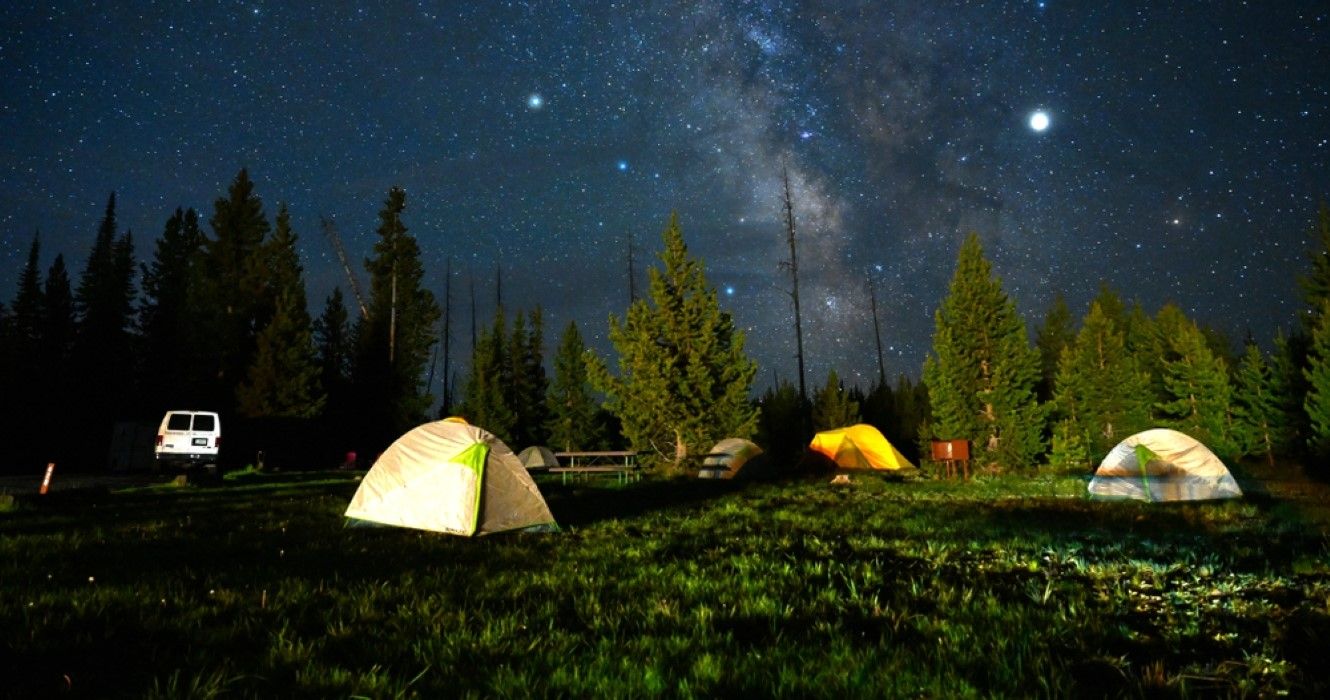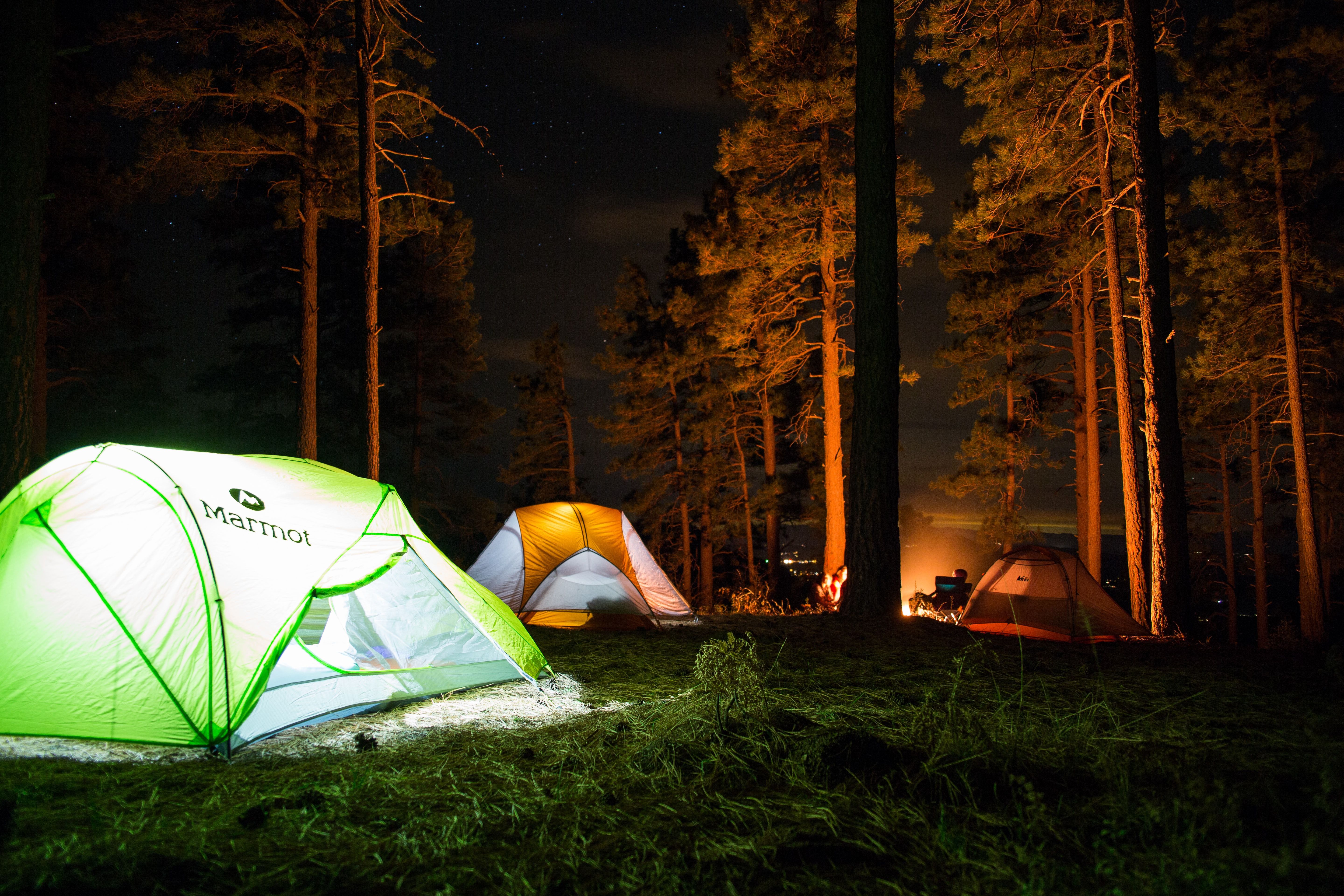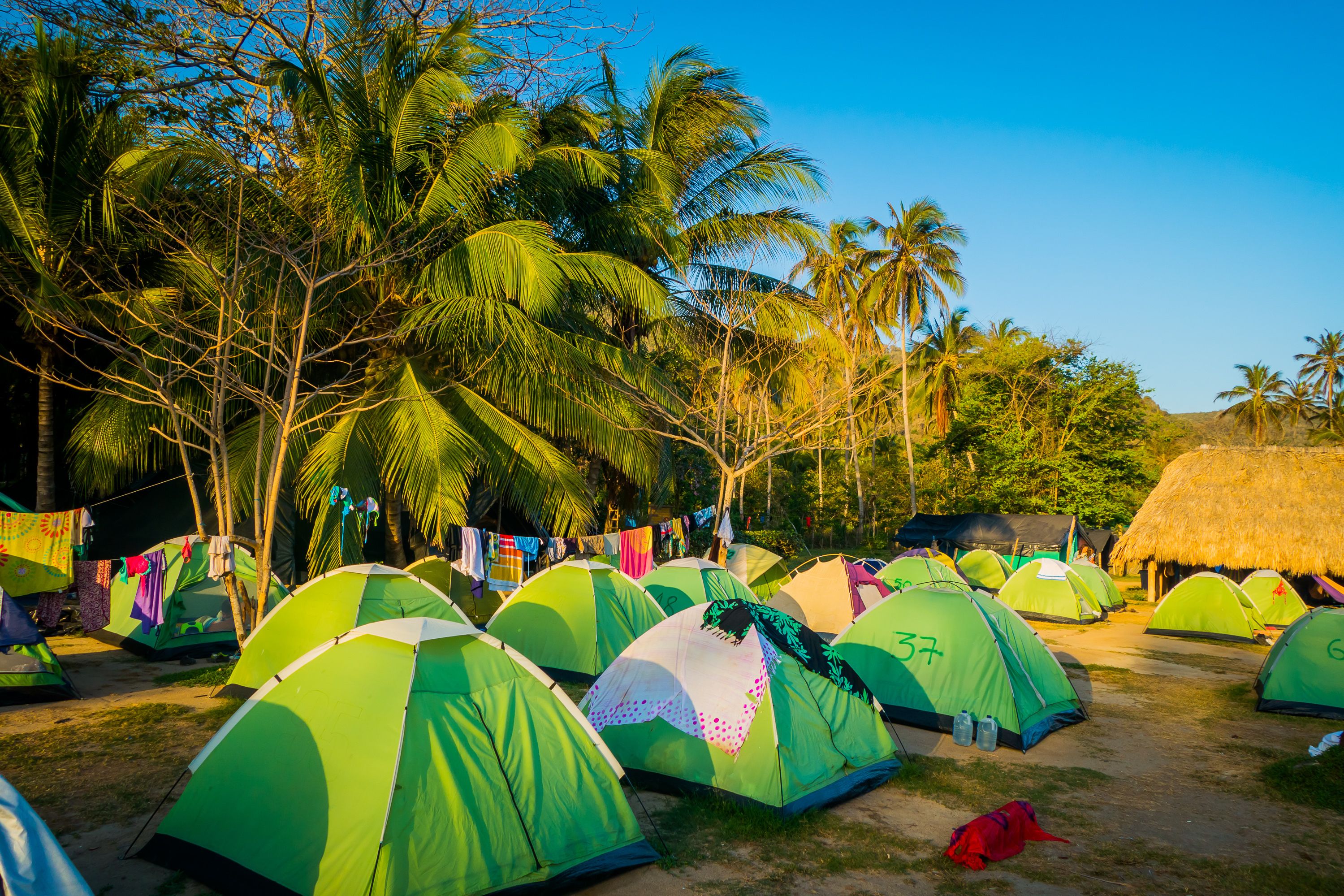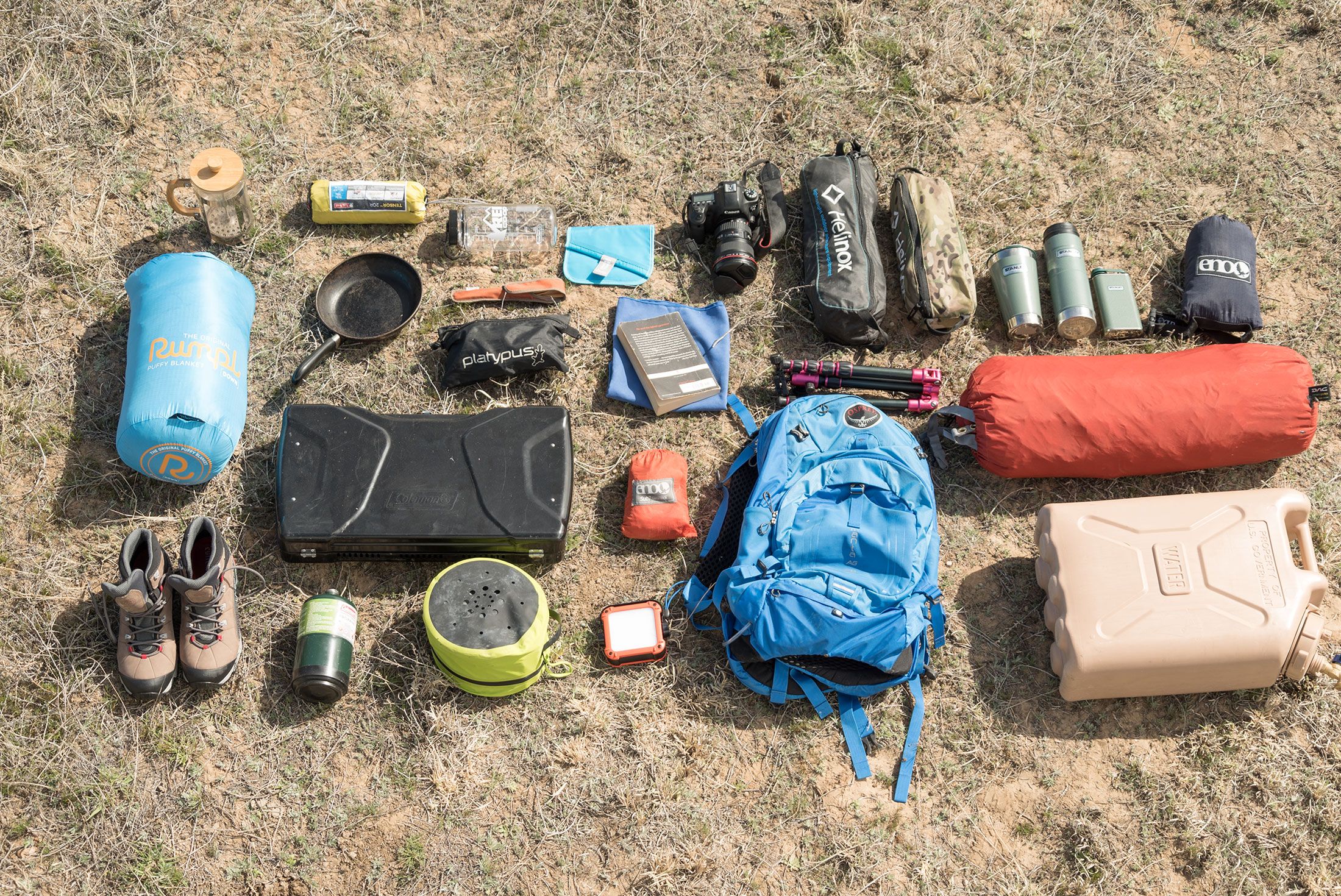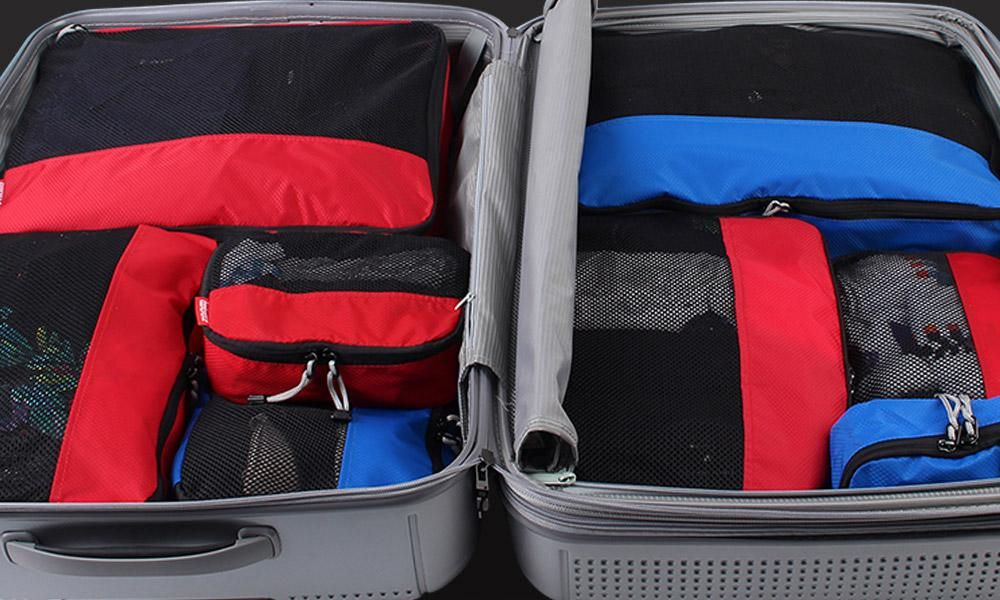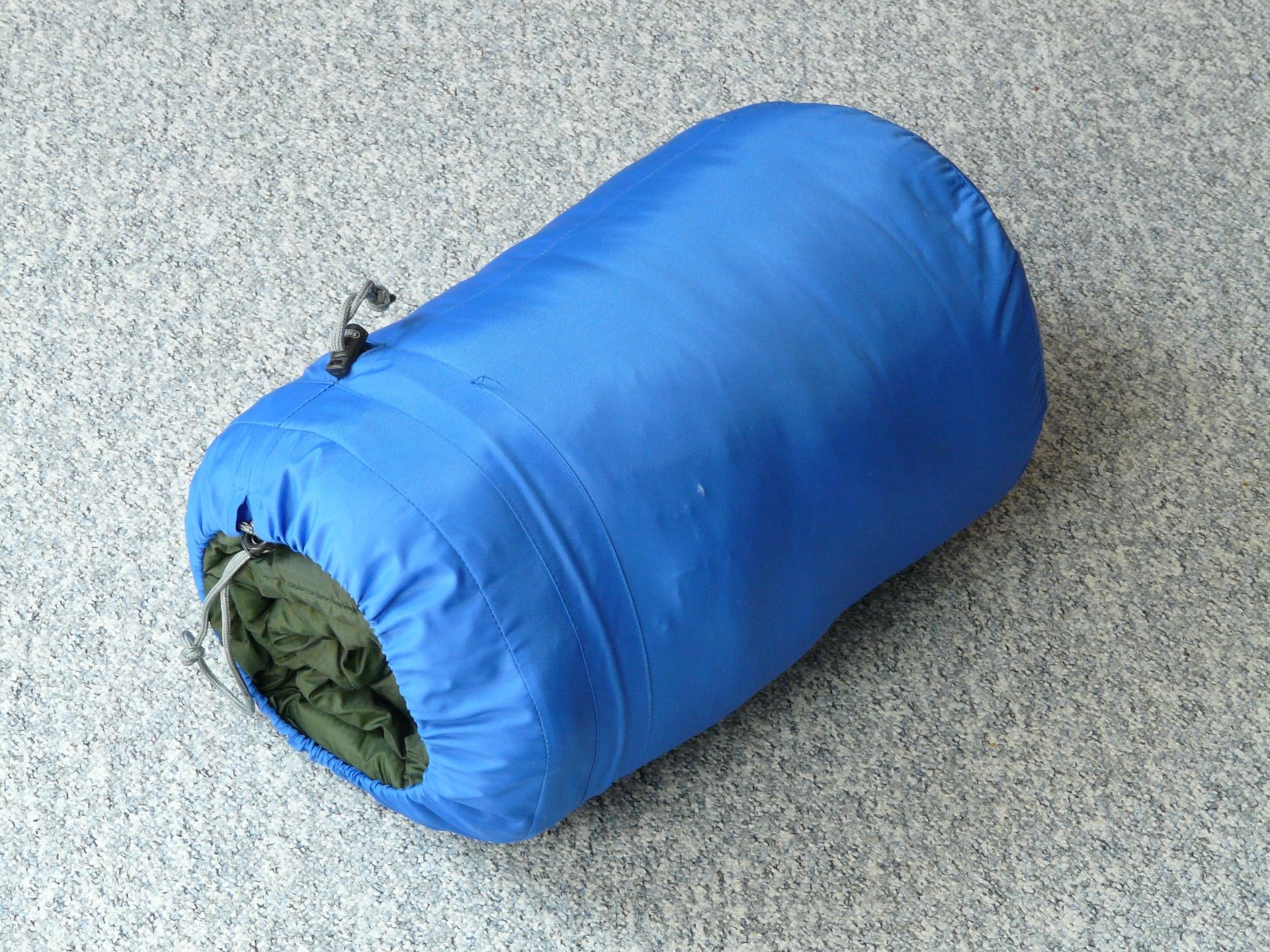Summary
- Save money on camping trips by going off-season when rates are lower and campgrounds are less crowded. Spring and fall offer mild weather without the summer crowds and bugs.
- Staying at a national or state park campground is often much cheaper than private campgrounds. These parks provide well-maintained sites, amenities, and access to incredible natural scenery and recreational activities. Arriving early or during off-peak times increases the chance of grabbing a coveted campsite.
- Split costs with travel companions to save money on lodging, food, transportation, and more. Camping with others allows for the sharing of gear and food expenses. Shop for food together and take advantage of bulk discounts. The cost per camper goes down as the group gets larger.
Camping is one of the most affordable ways to travel and see the great outdoors. With smart planning and budget-friendly tips, travelers can have an enjoyable camping trip without breaking the bank. There are many state parks across the country offering budget-friendly camping opportunities. They allow campers to appreciate the natural beauty around them at a lower cost than most other types of vacations.
Whether camping close to home or venturing to a new destination, there are many ways to cut costs on lodging, food, gear, and more. With creativity and flexibility, campers can fully experience the wonders of nature while being kind to their wallets by learning how to camp for cheap.
10 Camp In The Off-Season
One of the best ways to save money on a camping trip is to go off-season when rates are lower and campgrounds are less crowded. Spring and fall offer mild weather without the summer crowds and bugs.
Some of the best fall camping destinations in the US are surrounded by scenic trails offering spectacular views of fall foliage.
Winter camping may require some extra gear for warmth, but with fewer people and sometimes discounted rates, it can also be a nice budget option.
Calling ahead to ask when the off-peak seasons are and what discounts may be available can help travelers find deals. Going at non-peak times provides more solitude in nature without peak prices.
Check ahead for lower rates and discounts during off-peak seasons.
9 Camp In A National Or State Park
Staying at a national or state park campground is often much cheaper than private campgrounds.
- National parks like Yellowstone and Yosemite charge around $20-30 per night at their campsites. State park rates are usually $15-25 per night.
These parks provide well-maintained sites, amenities like bathrooms/showers, and access to incredible natural scenery and recreational activities. With an annual park pass, travelers can save even more.
Arriving early or during off-peak times increases the chance of grabbing a coveted campsite at these popular public lands.
Exploring wilderness can be risky; hikers and campers are advised to learn how to survive in the national parks.
8 Camp With Friends Or Family
Splitting costs with travel companions saves money on lodging, food, transportation, and more. Carpooling helps reduce gas costs. Camping with others allows for the sharing of gear and food expenses.
Large items like stoves, cookware, tents, and coolers can be consolidated instead of everyone needing their own. Shop for food together and take advantage of bulk discounts by buying larger quantities. Cooking together saves money, too.
The cost per camper goes down as the group gets larger. So grab some friends or extended family and split the bill for a more affordable trip. When camping, practice responsible recreation for sustainability with zero-waste camping hacks.
Carefully plan together to avoid conflicts over budgets or duties.
7 Rent Or Borrow Camping Gear
All the gear required for camping, like tents, sleeping bags, and stoves, can add up quickly. Travelers can avoid these high costs by borrowing from friends or family. Many outdoors enthusiasts have accumulated quality gear that they may lend out over time.
Rental companies also offer affordable options for renting specific equipment. While sleeping bags and pads should be individual, other items like tents, stoves, cookware, and lighting can be shared by a group.
Some national and state parks rent gear, too. Of course, one of the ways campers can sustainably upgrade their camping is by renting or buying a used tent. Renting camping equipment will save money over purchasing everything new for a single trip.
Inspect rental gear closely and test it at home before the trip.
6 Cook Your Meals
Eating out for every meal is one of the fastest ways to blow through a vacation budget. Bringing food and cooking it at the campsite will slash food costs. Thankfully, there are many delicious camping meals that are super easy to plan and prepare.
Make simple but satisfying camp meals like tin foil dinners, sandwiches, salads, pancakes, grilled hot dogs, and hamburgers. Plan out all the ingredients needed and shop at discount grocery stores.
Consider buying ice and other perishables after arriving. Eating well doesn't mean breaking the bank, since campers can whip up tasty, affordable meals at their site with a little creativity.
Make affordable camp meals instead of expensive restaurant food; meal plan and shop sales.
5 Pack Light
Avoid being weighed down with excess gear by carefully curating and packing only the essentials. Make a list of everything needed and be ruthlessly minimalist. A lightweight sleeping bag or blankets will suffice unless camping in bitter cold. Share large items like stoves and cookware with companions.
For clothes, pack versatile layers that can be mixed and matched for different temperatures. Limit electronics and stick to just one or two means of entertainment, like a book or deck of cards.
Before packing each item, is it essential?
Packing light allows for flexibility with camping plans. It is easy to explore multiple campgrounds to find a cheaper option without being burdened by heavy gear. Remote campsites often have lower fees.
With light gear, it is even possible to do away with camping fees by camping in primitive sites (where permitted, of course).
4 Use A Sleeping Bag Rated For 3 Seasons
Purchasing a sleeping bag designed for optimal comfort in spring, summer, and fall helps keep costs reasonable while providing the warmth needed for most camping trips.
Unlike more expensive winter-specific 0–20 degree rated bags, a 15–30 degree 3 season bag gives campers necessary insulation for cooler nights in the shoulder seasons without going overboard.
Synthetic-filled bags are more affordable than down, too. Pairing the bag with a foam or inflatable sleeping pad for additional insulation lets campers comfortably handle most conditions for 3 season camping. Get the right 3 season sleeping bag and skip pricier options designed for true winter extremes.
Bring extra blankets if expecting nights below your bag's minimum temperature rating.
3 Check Clearance Sales At Sporting Goods Stores
Visit brick-and-mortar sporting goods stores during their off-seasons to find huge markdowns on camping gear that can be stored until needed again. For example, winter jackets and cold-weather clothing are sold in warmer months.
Summer gear like swimsuits and hiking sandals get discounted in the winter. Tents, sleeping bags, and backpacks go on clearance before new models are released. Sign up for store loyalty programs for extra coupons.
When shopping, check the clearance racks first and only pay full price if essential. With some strategic shopping during the off-season, campers can score quality gear at bargain bin prices to outfit their trip.
Inspect discounted items closely for defects before purchasing.
2 Pack Your Spare Parts And Tools
Instead of needing to buy or replace something at full price on the trip, be prepared by bringing needed tools and spare parts like duct tape, zip ties, rope, knife, multi-tool, sewing kit, spare tent pole, patch kit, extra blanket, superglue, bungee cords, lighter, batteries, hammer, rubber mallet, and basic medications.
Having these supplies and the ability to make minor repairs can be a money saver and a convenience. A little forethought when packing will provide peace of mind and the ability to solve minor issues without running to the store. Simple precautions translate directly into dollars saved.
Know how to use tools and parts to avoid injuries.
1 Cook Over A Campfire
One of the quintessential camping experiences is gathering around a cozy campfire. Put this iconic part of camping to use by cooking over the open fire to avoid fuel costs for stoves.
From meat to vegetables, there are many savory and easy campfire meals recommended by campers one can prepare. Get creative with pie-iron sandwiches, or use a grate over the fire for burgers and hot dogs.
Utilize a tripod and hang a pot to cook soups, beans, or coffee. Just be sure to safely extinguish the fire before turning in for the night. Let the campfire double as both ambient lighting and a budget-friendly cooker.
Exercise extreme care with an open flame; fully extinguish fires before going to bed or leaving a campsite.

